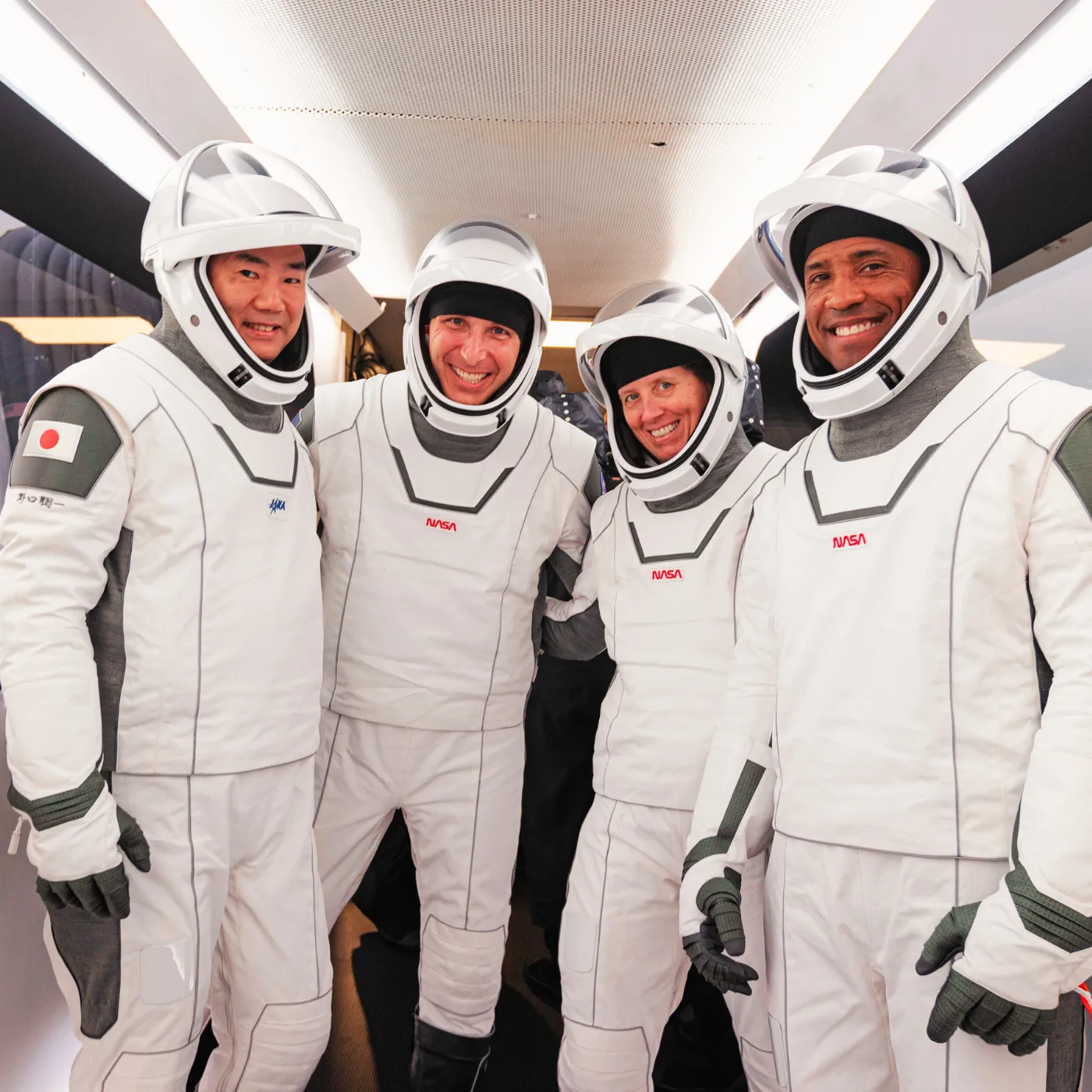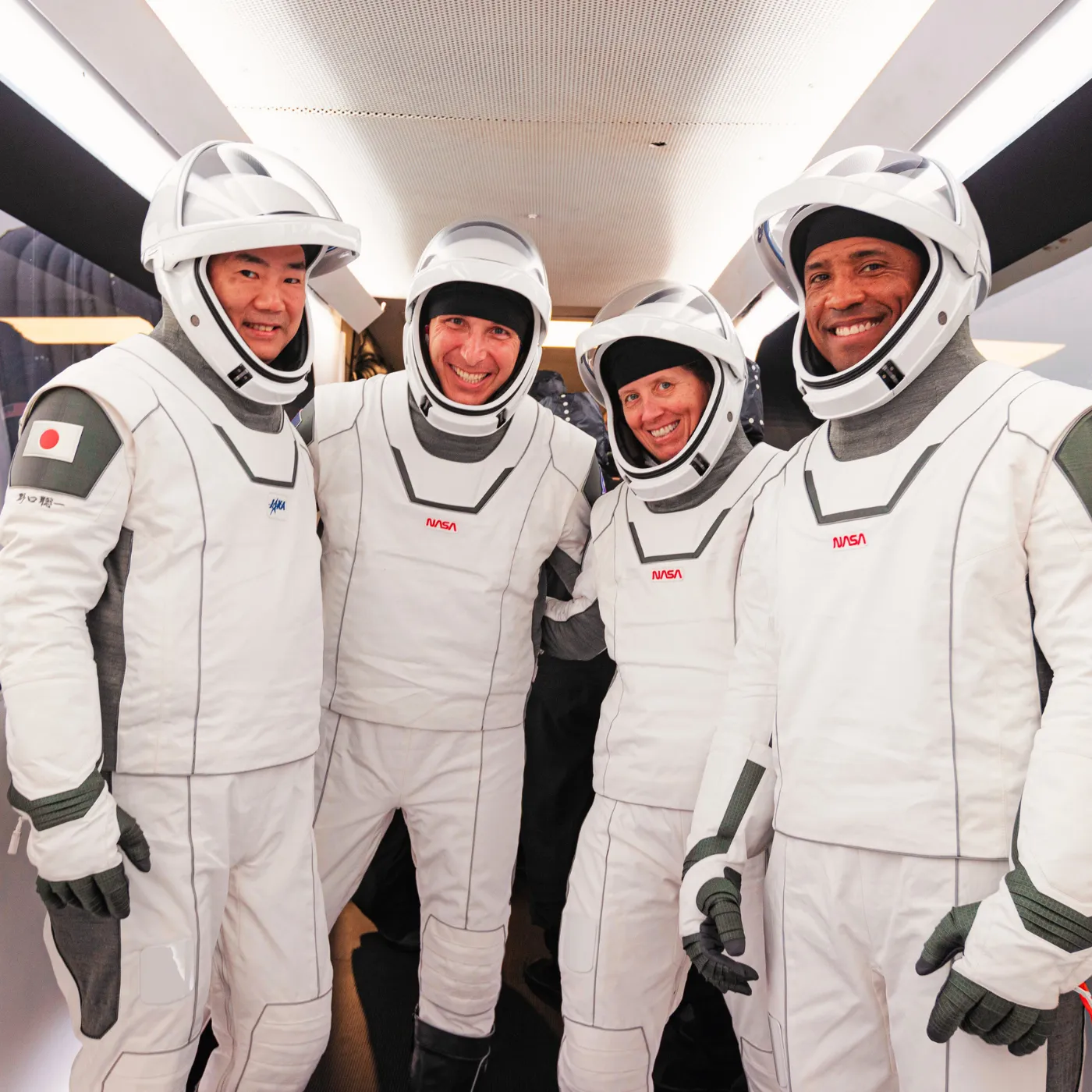

Larry Page and Sergey Brin The Google Duo Revolutionizing Robotics
Larry Page and Sergey Brin, the masterminds behind Google and its parent company, Alphabet, have left an indelible mark on the world of technology. Their foray into robotics has been nothing short of groundbreaking. With investments in cutting-edge companies like Boston Dynamics, they’ve paved the way for a future where robots redefine industries and daily life.
Boston Dynamics: The Rise of Spot and Atlas
Under Alphabet’s leadership, Boston Dynamics emerged as a global leader in advanced robotics. Their innovations, such as Spot, the agile robotic dog, and Atlas, the highly versatile humanoid robot, captivated audiences worldwide. Spot’s ability to navigate complex environments made it ideal for tasks like industrial inspections and search-and-rescue missions. Meanwhile, Atlas stunned onlookers with its human-like agility, performing backflips and traversing challenging terrain.
These robots aren’t just feats of engineering—they represent a vision of a future where machines seamlessly integrate into our daily lives. Spot has already been deployed in industries ranging from construction to law enforcement, while Atlas demonstrates the potential for humanoid robots to assist in labor-intensive or dangerous tasks.
The Sale of Boston Dynamics: A Strategic Shift

Despite the immense potential of Boston Dynamics, Alphabet sold the company to SoftBank in 2017. This decision raised eyebrows, with many questioning whether Google was stepping away from robotics. However, this move wasn’t a retreat—it was a strategic shift. Alphabet chose to focus on autonomous systems and artificial intelligence (AI), doubling down on technologies that align more closely with its long-term vision.
The sale freed up resources for Alphabet to invest in other groundbreaking projects, ensuring they remained at the forefront of robotics innovation without being tied to hardware development.
Google’s Continued Investment in Robotics and AI
Even after parting ways with Boston Dynamics, Google has remained a major player in the robotics space. The company has invested heavily in self-driving technology through Waymo, Alphabet’s autonomous vehicle division. Waymo’s robots on wheels are leading the charge toward a future of driverless transportation, leveraging AI to navigate city streets safely and efficiently.
Additionally, Alphabet’s DeepMind division continues to push the boundaries of what’s possible with AI. By merging robotics with advanced machine learning, Google is creating systems that can perform complex tasks, learn from their environments, and adapt to new challenges in real time.

The Impact of Larry Page and Sergey Brin’s Vision
Page and Brin’s influence extends beyond Google and Alphabet. Their vision for robotics and AI has set industry standards and inspired countless innovations. By blending advanced hardware with cutting-edge software, they’ve showcased the limitless possibilities of integrating robots into industries like logistics, healthcare, and even creative arts.
As we move toward a more automated future, the groundwork laid by Page and Brin ensures that Google remains a leader in shaping the robotics landscape. Their commitment to human-centered design and ethical AI development is critical in addressing concerns about job displacement and the ethical use of technology.
The Future of Robotics at Alphabet
Looking ahead, Alphabet’s robotics ambitions are far from over. With projects like Waymo and DeepMind, Larry Page and Sergey Brin are steering us toward a world where robots don’t just perform tasks but truly enhance human capabilities. From autonomous vehicles to intelligent assistants, Google’s innovations promise to make technology more accessible, efficient, and transformative.


















